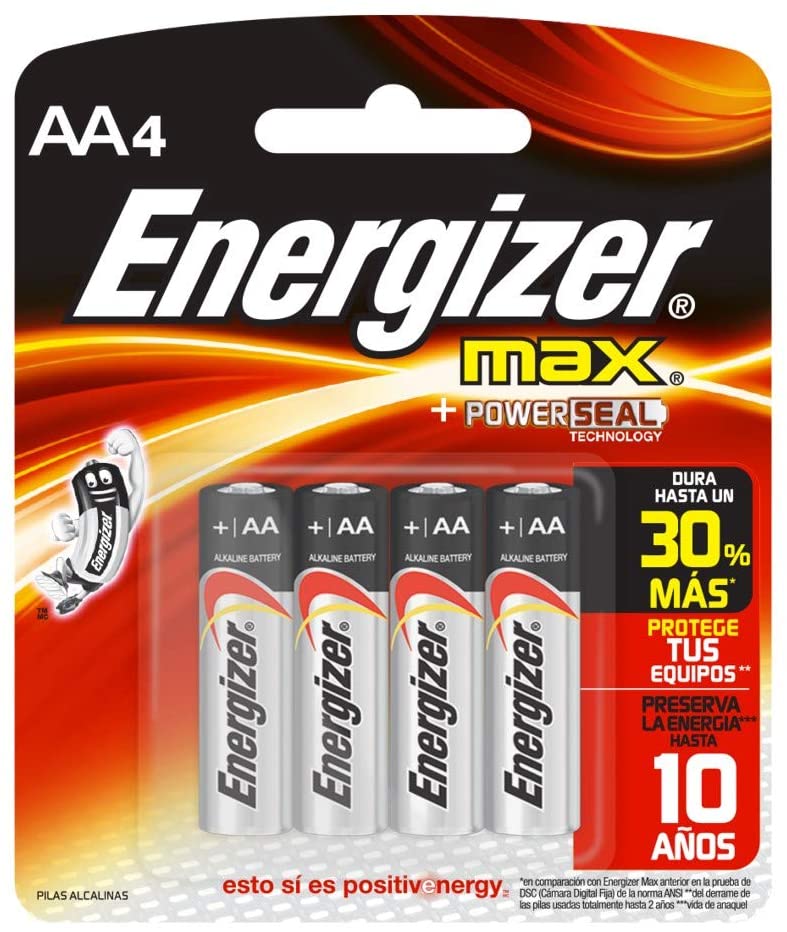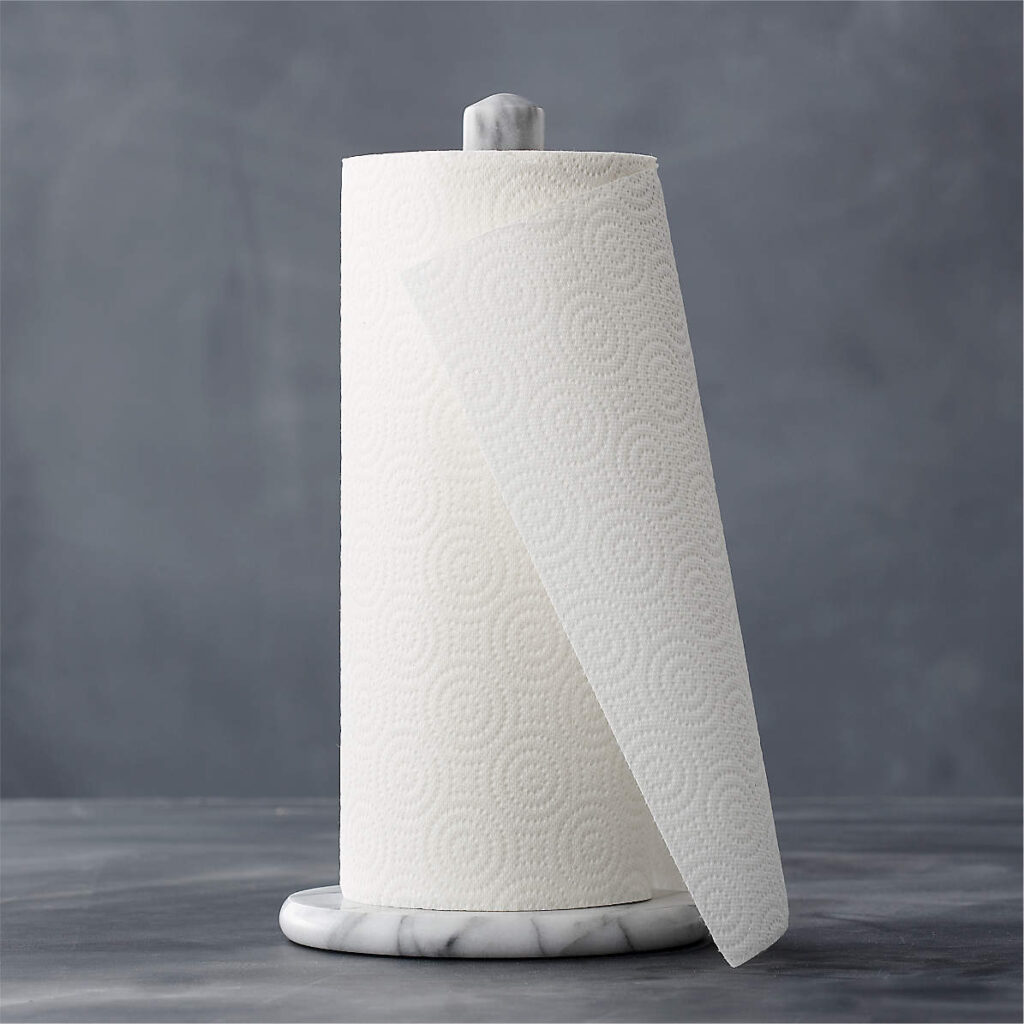Robot vacuums have revolutionized the way we clean our homes. With their ability to autonomously navigate and clean our floors, they have become an indispensable tool for busy households. Two of the most popular brands in the robot vacuum market are Roomba and Dyson. In this article, we will delve into the world of robot vacuums and compare the key features of Roomba and Dyson to help you determine which one is the best fit for your cleaning needs.
Understanding Robot Vacuums
Before we dive into the specifics of Roomba and Dyson, let’s take a moment to understand the rise of robot vacuums and how they work.
The Rise of Robot Vacuums
Gone are the days of dedicating our precious time to manual vacuuming. The advent of robot vacuums has revolutionized the cleaning industry, allowing us to spend more time doing the things we love. These compact devices are equipped with sophisticated sensors and intelligent algorithms, enabling them to navigate around furniture, avoid obstacles, and efficiently clean different floor surfaces.
But how did robot vacuums become so popular? The rise of robot vacuums can be attributed to several factors. Firstly, advancements in technology have made these devices more affordable and accessible to the general public. What was once considered a luxury item is now a common household appliance.
Additionally, the increasing demands of our fast-paced lives have fueled the need for time-saving solutions. Robot vacuums provide a convenient way to keep our homes clean without requiring us to physically operate the vacuum cleaner. We can now set our robot vacuum to clean while we’re at work or enjoying leisure activities, returning to a freshly cleaned home.
Furthermore, the continuous improvement in the capabilities of robot vacuums has made them more versatile than ever before. They now come with a wide range of features, such as self-emptying bins, Wi-Fi connectivity, and compatibility with virtual assistants like Amazon Alexa or Google Assistant. These features cater to various cleaning needs and budgets, making robot vacuums a desirable option for many households.
How Robot Vacuums Work
Robot vacuums operate on a simple principle: they use brushes and suction power to lift dirt and debris from your floors. The intelligent sensors on these devices help them map out your home, ensuring thorough and efficient cleaning.
Let’s delve deeper into the cleaning process of a robot vacuum. Most robot vacuums employ a combination of spinning brushes and a powerful suction system to agitate and pick up dirt. The spinning brushes sweep the dirt towards the suction opening, where it is then sucked into the dustbin. This dual-action approach ensures that even stubborn dirt and pet hair are effectively removed from your floors.
However, not all robot vacuums rely solely on spinning brushes and suction power. Some models utilize advanced technologies like laser mapping or camera-based navigation systems. These technologies enable the robot vacuum to create a detailed map of your home, allowing for more precise navigation and targeted cleaning. With laser mapping, the robot vacuum can identify obstacles and adjust its cleaning path accordingly, ensuring a thorough and efficient cleaning process.
Another key feature of robot vacuums is their ability to navigate autonomously. Powered by rechargeable batteries, these devices have the freedom to move around your home without the need for a constant power supply. The intelligent sensors mentioned earlier play a crucial role in this autonomy. They help the robot vacuum detect obstacles, such as furniture or walls, and avoid collisions. Some advanced models even have the capability to detect and avoid stairs, preventing potential accidents.
When the robot vacuum’s battery runs low, it automatically returns to its docking station to recharge. This feature ensures that the robot vacuum is always ready for the next cleaning session, without any intervention required from the user.
In conclusion, robot vacuums have become a game-changer in the cleaning industry. Their rise in popularity can be attributed to advancements in technology, the need for time-saving solutions, and their increasing versatility. Understanding how these devices work gives us a deeper appreciation for the convenience they bring to our lives.
Introducing the Contenders: Roomba and Dyson
When it comes to robot vacuums, two brands stand out from the crowd: Roomba and Dyson. Let’s take a closer look at each brand and their respective robot vacuum series.
The Roomba Series
Roomba is a pioneer in the robot vacuum industry, known for its cutting-edge technology and exceptional cleaning performance. The Roomba series offers a wide range of models to cater to different cleaning needs and budgets, from entry-level models to high-end options packed with advanced features. Roomba vacuums are renowned for their powerful suction, effective brush systems, and intelligent navigation capabilities.
The Dyson Robot Vacuums
As a leader in home cleaning technology, Dyson has also made its mark in the robot vacuum market. Dyson robot vacuums boast innovative features such as powerful suction, advanced filtration systems, and intuitive app control. They are known for their sleek design and high-quality craftsmanship, offering a range of models that are designed to deliver exceptional cleaning performance.
Comparing Key Features
Now that we’ve introduced Roomba and Dyson, let’s compare some key features that can influence your decision.
Cleaning Efficiency
Both Roomba and Dyson robot vacuums excel in cleaning efficiency. The powerful suction and advanced brush systems of both brands ensure that dirt, dust, and allergens are effectively removed from your floors. However, Roomba vacuums have gained a reputation for their exceptional dirt removal capabilities, making them an ideal choice for homes with pets or allergy sufferers.
Navigation Capabilities
Efficient navigation is crucial for robot vacuums to clean your home effectively. Both Roomba and Dyson utilize intelligent sensors and mapping technologies to navigate obstacles and clean multiple rooms. However, Roomba vacuums are often praised for their more extensive mapping capabilities and ability to clean in a systematic pattern, ensuring thorough coverage of your floors.
Battery Life and Charging
Long battery life and efficient charging are essential to ensure uninterrupted cleaning sessions. The battery life of robot vacuums can vary depending on the model and the cleaning settings used. Both Roomba and Dyson offer robot vacuums with respectable battery life, allowing them to clean large areas without frequent recharging. However, some Roomba models have a longer runtime and more efficient docking and recharging systems.
User-Friendly Aspects
Aside from cleaning performance, user-friendly aspects are crucial when choosing a robot vacuum.
Setup and Maintenance
Setting up and maintaining your robot vacuum should be hassle-free. Both Roomba and Dyson provide clear instructions for initial setup, making it easy for users to get their vacuum up and running quickly. Additionally, both brands offer user-friendly apps that allow you to control and schedule cleaning sessions from your smartphone.
App Control and Smart Home Integration
If you’re a tech-savvy homeowner, app control and smart home integration are important factors to consider. Roomba and Dyson robot vacuums can be controlled through their respective smartphone apps, offering convenient features such as scheduling, cleaning reports, and even voice control integration with popular virtual assistants like Amazon Alexa or Google Assistant.
Pricing and Value for Money
Finally, let’s take a closer look at the pricing structures and value for money of Roomba and Dyson robot vacuums.
Roomba’s Pricing Structure
Roomba offers a wide range of models that cater to different budgets. Their entry-level models provide excellent cleaning performance at a more affordable price point, while their higher-end models offer advanced features for enhanced cleaning capabilities. Overall, Roomba vacuums provide good value for money, considering their exceptional cleaning performance and durability.
Dyson’s Pricing Structure
Dyson robot vacuums are known for their premium quality and innovative features. As a result, they tend to be priced slightly higher compared to other brands. However, Dyson’s reputation for exceptional performance and cutting-edge technology justifies the higher price point. For those willing to invest in a top-of-the-line robot vacuum, Dyson offers a range of models that deliver outstanding cleaning performance and durability.
Hopefully, this comparison of Roomba and Dyson robot vacuums has shed some light on the key features, user-friendly aspects, and pricing structures of these two leading brands. Ultimately, the best robot vacuum for you depends on your individual needs and preferences. Whether you choose Roomba or Dyson, you can rest assured that you’re investing in a high-quality cleaning companion that will make your life easier.



